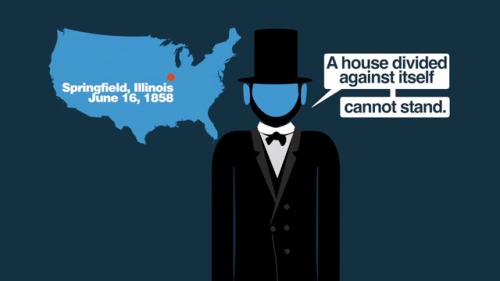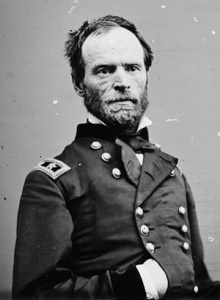It’s been a long time since I shared something from my commonplace book, so I thought I would pass along three extended quotes that I recorded just last week. For you new readers, a commonplace book is essentially a quote journal, and in keeping one I am following a practice that was common in the 17th-19th centuries. Mark Edmondson calls it a “life thickener.” I keep one in order to be more intentional about living an examined life. In its pages I write out the concepts and ideas, arguments and assertions that I want to reflect on regularly as I live out my vocation.
The quotes below all have to do with the power of story. You may find their assertions obvious, but I’ve come to them slowly. If I’m ever asked to write the history of my life, I’ve already picked out a title. It’s going to be “Well Duh: The Autobiography of a Slow Learner.” I can’t even begin to list all the ways that this applies to me. But when it comes to my failure to appreciate the power of story, I know my thick-headedness isn’t unique within the Academy. The Academy was where I learned it.
For most of the time since Herodotus took up his pen, historians have been story tellers. Even as history evolved into an academic discipline in the late-nineteenth and early twentieth centuries, many of the most respected academic historians were still masters of narrative. In the archives they were meticulous scholars, painstakingly poring over ancient manuscripts, but when they returned to their offices they became writers, aspiring to craft true stories that would make the past “come alive” for their readers.
This ideal did not fare well in the twentieth-century Academy, however. The reasons for this are complicated and debatable, so I’m not going to pretend to tackle them here. Suffice it to say that narrative history gradually fell out of favor. When I began graduate school in the early 1980s, I quickly learned that it was viewed as naïve, outdated, and amateurish. It’s taken me nearly three decades to unlearn that lesson.
Wheaton College’s fall semester began this morning, and in the first meeting of my U. S. history class, I tried to alert my students to the power of story. We’ll return to that idea in our next class meeting, and my plan is to begin our time together with the first passage below. It comes from an essay by retired Bethel College English professor Daniel Taylor titled “In Praise of Stories.” (If you’d like to read it yourself, you can find it in The Christian Imagination, an anthology edited by my Wheaton College colleague Leland Ryken.) Over the coming weeks I’ll bring in the two quotes that follow. Both are from a short review essay in the Atlantic by the late Neil Postman titled “Learning by Story.” See what you think of them.
“We are drawn to a story because our own life is a story and we are looking for help. Stories give us help in many ways. They tell us we are not alone, and that what has happened to us has happened first to others and that they made it through. They also help us see, however, that our own story is not big enough, that the world is larger and more varied than our limited experience. They help us be more fully human by stimulating and appealing to all that we are—mind, body, spirit. They help by calling us into relationship—with other people, with other places and times, with creation, and with God. They help by giving us courage to be the kinds of characters we should be in our own stories, and by making us laugh, empathize, and exercise judgment. But most of all, stories help us by telling us the truth, without which we cannot live.”—Daniel Taylor
*******
“Human beings require stories to give meaning to the facts of their existence. For example, ever since we can remember, all of us have been telling ourselves stories about ourselves, composing life-giving autobiographies of which we are the heroes and heroines. If our stories are coherent and plausible and have continuity, they will help us to understand why we are here, and what we need to pay attention to and what we may ignore. A story provides a structure for our perceptions; only through stories do facts assume any meaning whatsoever. . . . Without air, our cells die. Without a story, our selves die.”—Neil Postman
*******
“Nations need stories, just as people do, to provide themselves with a sense of continuity, or identity. But a story does even more than that. Without stories as organizing frameworks we are swamped by the volume of our own experience, adrift in a sea of facts. Merely listing them cannot help us, because without some tale to guide us there is no limit to the list. A story gives us direction by providing a kind of theory about how the world works—and how it needs to work if we are to survive. Without such a theory, such a tale, people have no idea what to do with information. They cannot even tell what is information and what is not.”—Neil Postman









